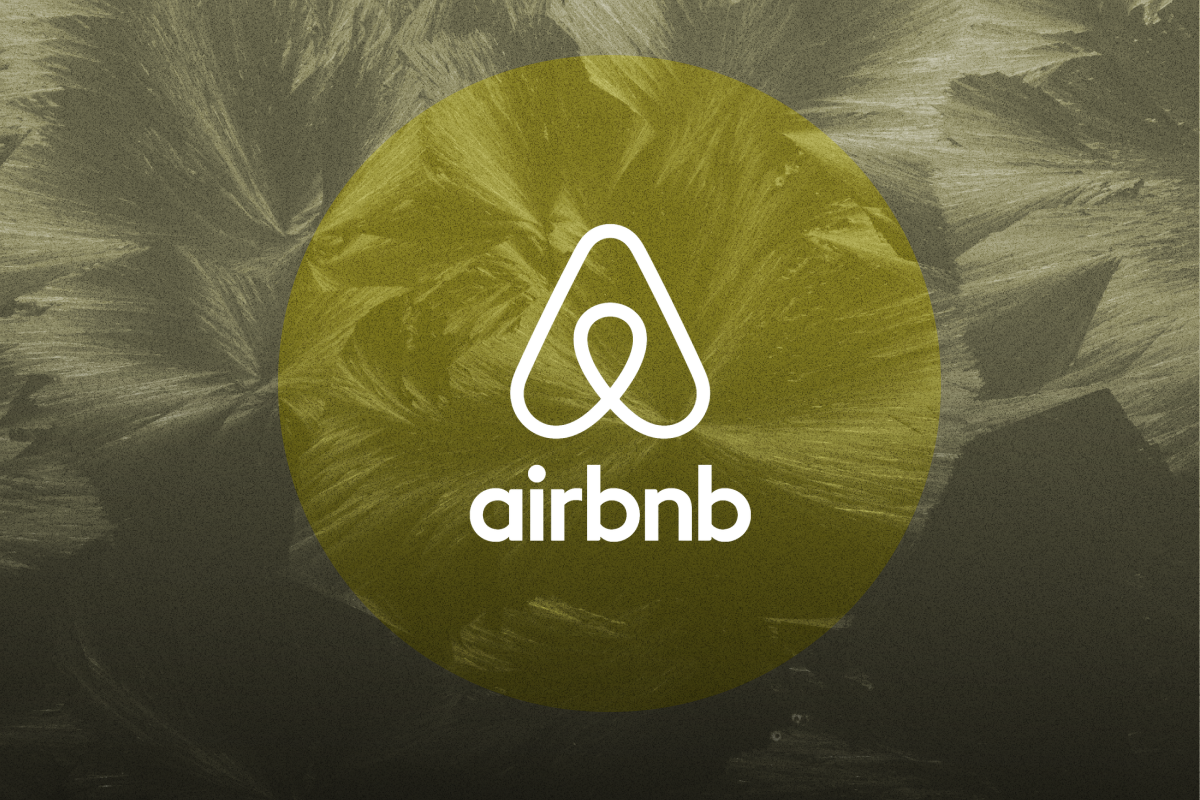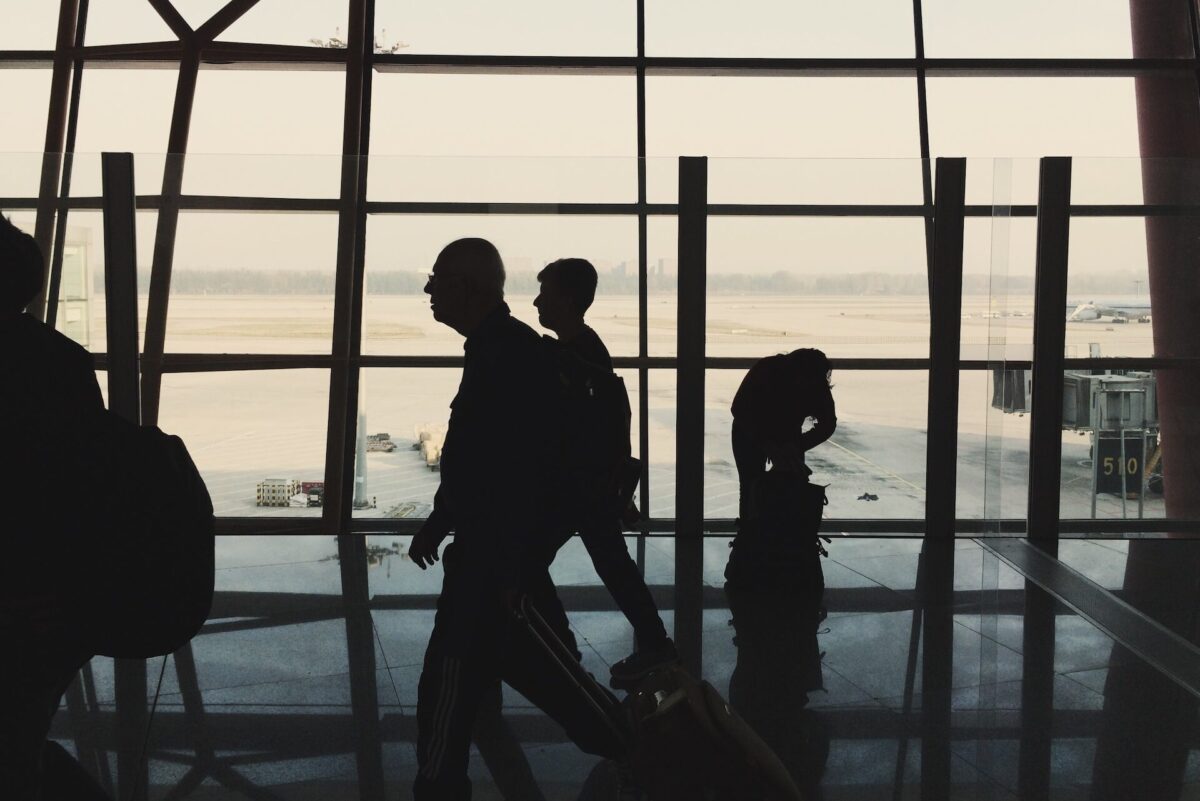Airbnb's First Senior Housing Economist Digs Into Urban Impact

Skift Take
Airbnb is launching a housing research program and to hear its first senior housing economist tell it, one goal is to clear up civic "misunderstandings" about the housing market and Airbnb's role in it.
Taylor Marr, most recently the deputy chief economist at real estate brokerage Redfin, has been at Airbnb for about a month.
In an exclusive news interview with Skift on Thursday, Marr downplayed Airbnb's negative impact on affordable housing, citing a Conference Board of Canada study published Wednesday that found no connection between Airbnb and rent fluctuations across 19 cities.
But Marr did acknowledge what some would say is obvious: That Airbnb does have negative impacts on some communities. It's a high priority at Airbnb to come to terms with cities so it can avoid New York City-like bans.
"In some places, there may be a role where Airbnb needs to work with cities to come up with regulations that minimize any negative impacts to communities," Marr said. "And if we find that there are some communities in which Airbnb is negatively impacting, then we want to work with cities to implement regulations that better target those specific issues."
Depending on the city and issue, solutions might include implementing a tax or a nightly cap on rentals, he said.
The following is a Q&A with Marr, editing for clarity and length:
Dennis Schaal: So tell me tell me about your new role. What is your function?
Taylor Marr: I just joined as senior housing economist. So my role will be coming alongside all the teams, including data science, at Airbnb to leverage their data. I have a big background in data science and data analysis. The goal is to really make sense of the housing market or short-term rental market and how Airbnb really fits into that bigger broader housing perspective.
Schaal: How might this data be used?
Marr: Probably in many ways. We're gonna be launching a housing research program on how Airbnb or the short-term rental market fits within, and relates to, the long-term rental market, to the for-sale market, and to land use more broadly within cities. We're going to collaborate with external partners as well, experts in the housing industry that I have worked with in the past, as well as others that could leverage Airbnb data to best help cities make good decisions about housing policies.
Cities all over the world are facing a housing crisis. They have housing affordability challenges; sometimes it's just for very low income workers. Sometimes it's about home ownership opportunities. Sometimes it's about access to the best neighborhoods. All the challenges are unique. But the thing that we want to do is put all this expertise together with research and help cities make informed decisions, help inform the public about the best policies that can help advance housing in the U.S. or globally.
Schaal: So you talked about the affordable housing crisis, you talked about cities making informed decisions. You talked about a lot of misunderstandings out there. If you do a Google News search any day of the week about Airbnb, you will come up with six cities that are seeking to more tightly regulate Airbnb because they feel it's negatively impacting the housing market. There are a million studies: I pulled up one from New York City, and it said that, from 2009 to 2016, around 9.2% of the citywide increase in rental rates could be attributed to Airbnb. So what can Airbnb do? Does Airbnb have a role in helping cities solve this? Or how do you how do you see it all?
Marr: Airbnb definitely has a role to play as we're in more than 100,000 cities, and effectively engaging with a variety of stakeholders, whether that's hosts, guests who use the platform, or what's increasingly important to me is the communities in which Airbnb operates. How do they understand Airbnb? There's a lot of different analyses and every city's different. Other research that was just published yesterday from the Conference Board of Canada found that Airbnb has not had any significant impact on the rents.
I think Airbnb does have a role as they go into communities to help cities understand the reality of how Airbnb contributes either to the local community or the role that interacts with housing. I think the part that is most misunderstood is the exact piece of the puzzle as to how Airbnb fits into the broader housing perspective. So my background is studying housing markets, how land gets used in the commercial front with hotels, in real estate transactions, owner-occupied housing, and rental housing. And then there's this overlap across all of those channels that show up on Airbnb.
I think the big myth that is commonly understood especially in places like New York is that all of the Airbnbs are mutually exclusive from all of those other sub-markets. Instead, I think there's really one broader market for land and the use is much more flexible and overlapping for short-term rentals. And so I think there is a portion, though, that will be exclusively used just for short term rentals. That's the piece that's less well understood, namely the exact impact of that sub slice, and how it interacts with these others.
I hope to disentangle when you target that slice of cities, enacting these regulations like New York, where they're wanting to fully ban that short-term rental slice, what actually happens? There isn't really much research done on this at all that looks at when you remove the entire short-term rental market, do we in fact see a flood of listings in the for-sale market, a flood of inventory in the rental market?
Schaal: You mentioned the Canadian study that you said shows that Airbnb has no impact on rising housing prices or rents. It sounds like what you're saying is we at Airbnb don't contribute at all to the problem. But you're almost in a communications role and a policy role to help cities understand that we're really not creating a problem. They are misunderstanding Airbnb’s role. Is that what you're saying?
Marr: I think that's partly it. What I better hope to communicate is that there's a lot of nuance. And so in some places, there may be a role where Airbnb needs to work with cities to come up with regulations that that minimize any negative impacts to communities. And then we want to work with cities to implement regulations that better target those specific issues. Instead, you know, I think there's less understanding of that nuance, and I want to help pull that apart.
Schaal: So we all know there are all different kinds of hosts. Many hosts I have spoken to need Airbnb to pay their mortgage. I spoke to some hosts in New York City who said housing is really expensive in New York City; we couldn't live here unless we use our place to host guests. But Airbnb has been saying for several years that 90% of hosts are individuals. But under your definition of individual hosts, I believe they can have 15 to 20 properties that they that they manage. So how do you look at the host competent composition on Airbnb? I wouldn't consider somebody who owns or manages 15 properties a small-time struggling host. Although it may be 90% as individual hosts under your definition, it's really the big property managers who are getting getting the lion's share of the bookings on Airbnb, right? So how do you view the host composition question, and how do you get back to basics and help the little guy?
Marr: I think that's also something that I hope to better understand. Right now a host can be a property manager. And if they have four properties that they manage for individual mom and pop property owners, then you know that it's less understood who actually owns these properties versus who's managing the rental. Some of the managers could even be renters themselves. I don't know if Airbnb even has full grasp of who actually owns these properties versus who's hosting versus who's flipping them and turning it over. And cities also don't understand that very well. So that is actually something I hope to dig into. What what Airbnb does know is that more than 60% of hosts do rent out their property to help accommodate the high cost of living, as you said. So that's a significant number. The majority are, you know, individual hosts that own one property, according to surveys that Airbnb has done.





